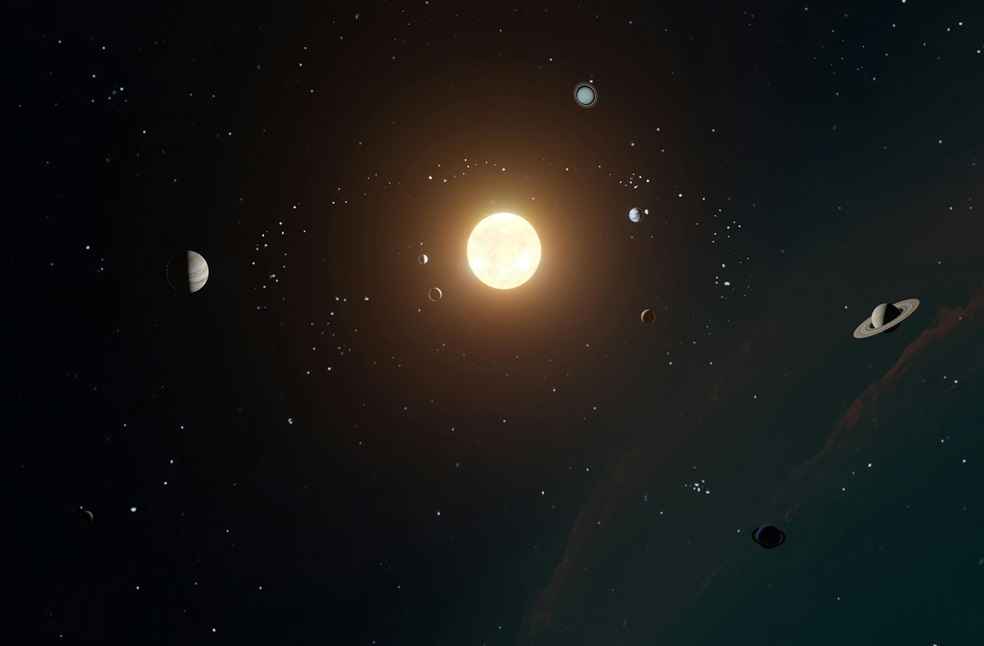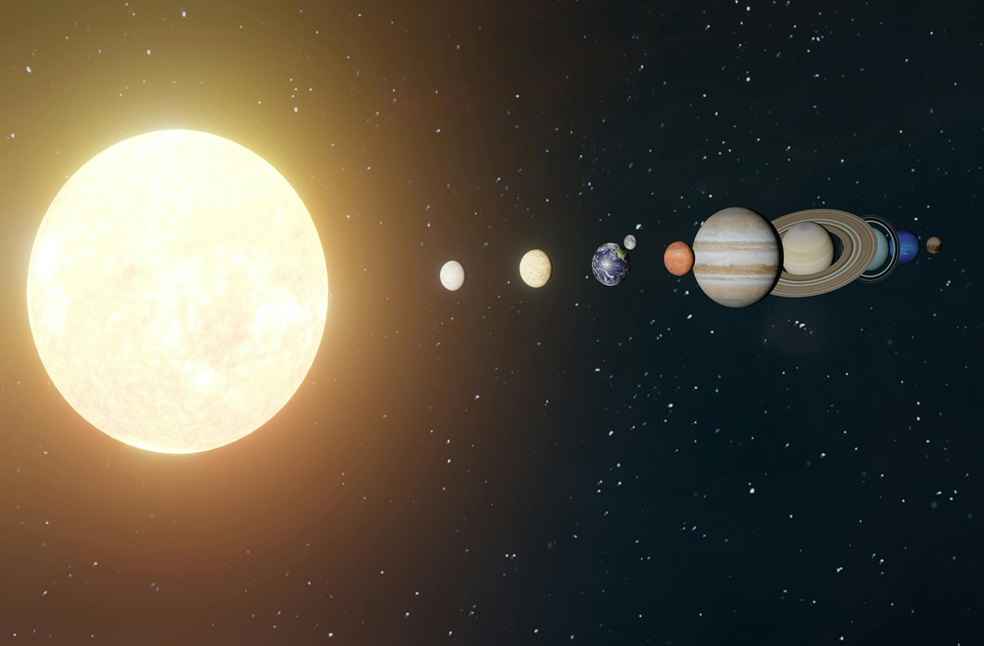United Kingdom: Scientists have invented an innovative laser system ‘Astrocomb’ to pave the way for revealing hidden planets soon. The new technological breakthrough was developed by physicists from Edinburgh’s Heriot-Watt University and Cambridge University.
This system enables astronomers to detect slight variations in the colour of starlight, which can help them identify unknown planets. The researchers also believe that technology can contribute to a better knowledge of the natural evolution of the universe.
Astrocombs were utilised by scientists to explore the universe for several years. However, they were previously confined to the green-red part of the colour spectrum. But now, there is a breakthrough that will allow scientists to use the ultraviolet to blue-green part of the spectrum. This means that they will be able to uncover more mysteries that are concealed in space.

Professor Derryck Reid of Heriot-Watt said that, “Astrocombs allow astronomers to make extremely sensitive wavelength measurements of the spectrum of light, potentially tens to hundreds of times better than conventional technology. Much like the millimetre scale on a ruler lets us measure distances precisely, an astrocomb gives astronomers a precision scale for measuring wavelength.”
“Until now, astrocombs operated mainly in the green-to-red part of the spectrum of light, but the shorter-wavelength ultraviolet to blue-green region is rich in the atomic absorption features of interest to astronomers. Our new approach for the first time provides a continuous sequence of optical markers from the ultraviolet to the blue-green that serve as a precision wavelength scale in this part of the spectrum,” the Professor added.

Heriot-Watt’s scientists are currently working on inventing technology for the Extremely Large Telescope which is under construction in Chile. Additionally, they collaborate with astronomers in Cambridge, Uppsala, and Capetown on Astrocombs for telescopes located in the Canary Islands and South Africa.
According to Professor Reid, Astrocombs function similarly to warping on an electric guitar. He commented that, “A nice analogy is in rock music, where audio distortion is heard when the signal from an electric guitar is high, but not when it is lower. That distortion is simply new audio frequencies being created in the guitar amplifier; our devices do the same thing but for light.”

“Importantly, we’ve achieved a wide and continuous spectrum of ultraviolet to blue-green colours using a laser with remarkably low power, and of the same kind already in use in some astronomical telescopes,” he said.
Dr Samantha Thompson, an astrophysics senior research associate at Cambridge, remarked that, “This is a really exciting development that will enable us to study smaller planets on longer orbits than ever before – with the aim of discovering the first Earth-like planet orbiting around a nearby sun-like star.”



